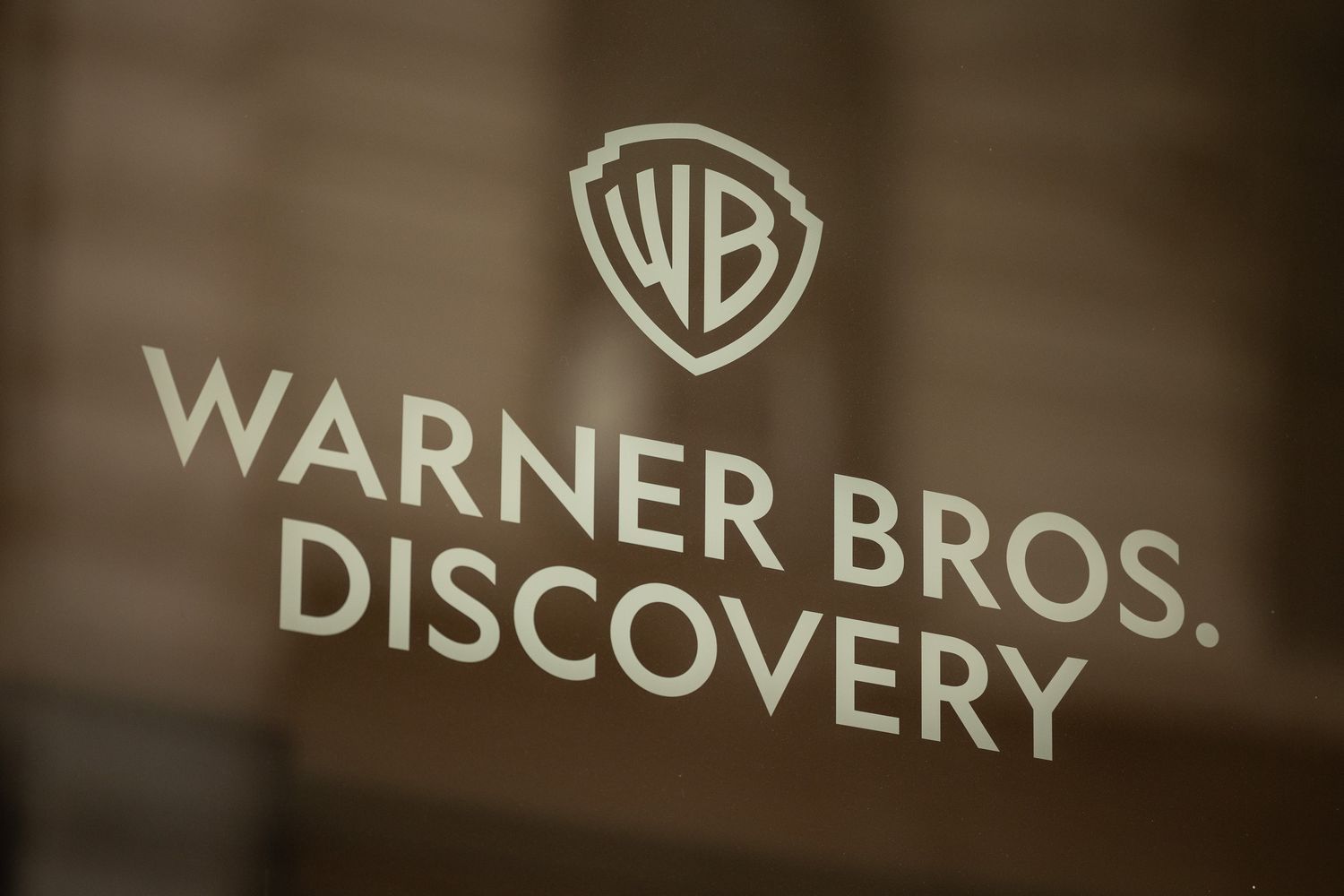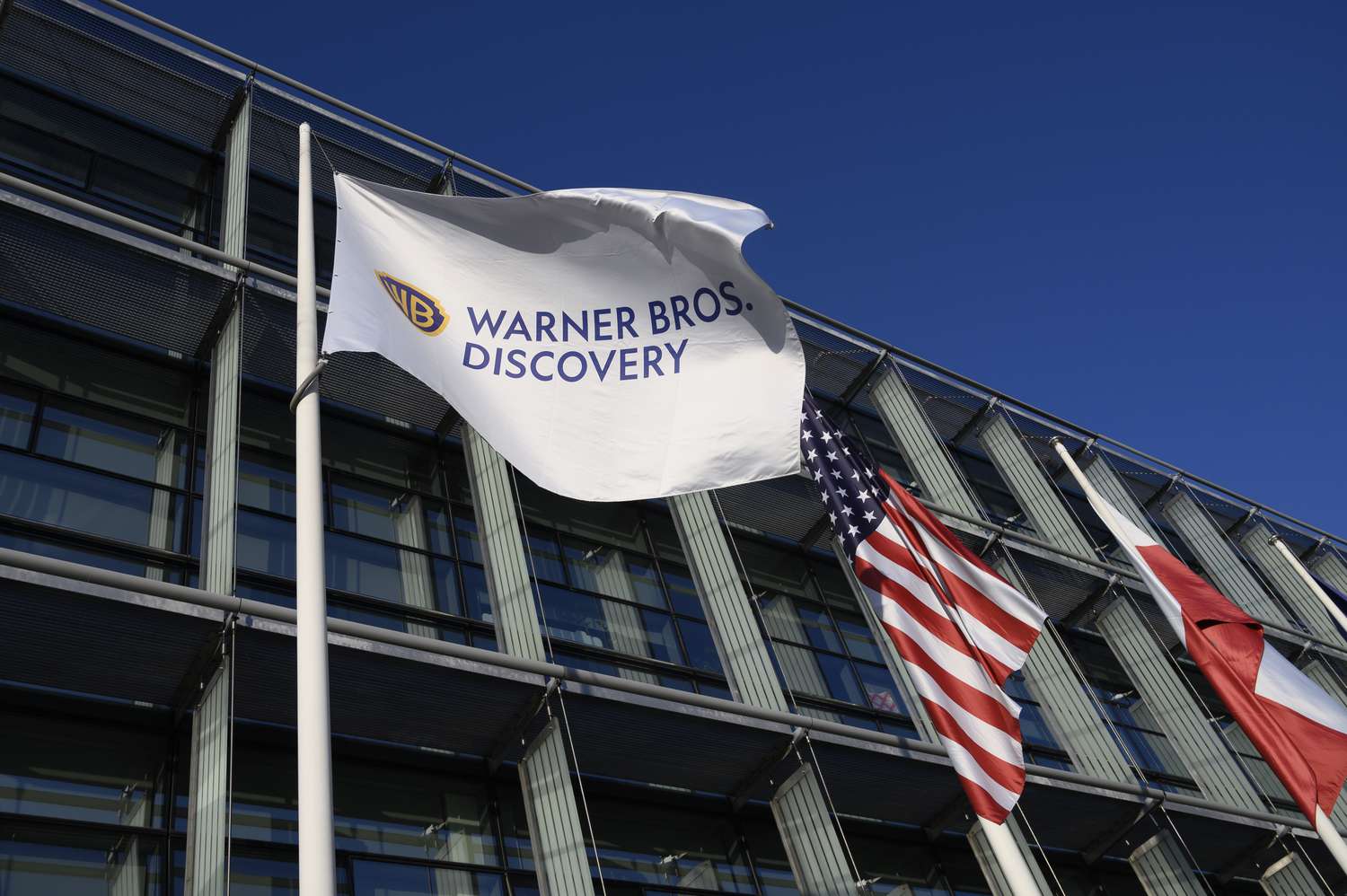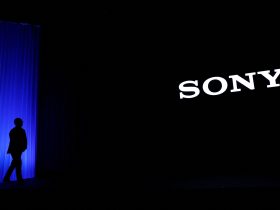Warner Bros. Discovery fell short of analyst expectations for both profit and revenue in the fourth quarter, as advertising revenue declined and the company did not provide guidance on free cash flow for 2024.
Following the earnings report, Warner Bros. Discovery’s shares dropped by 10% on Friday.
The company’s net loss for the fourth quarter was $400 million, or 16 cents per share, compared to a loss of $2.1 billion, or 86 cents per share, in the same period last year.
The company reported a 14% decrease in linear television advertising revenue, excluding foreign exchange fluctuations, and a 4% decline in distribution revenue.
“This business is not without its challenges,” said Chief Executive Officer David Zaslav during the company’s fourth-quarter earnings call.
“Among them, we continue to face the impacts of ongoing disruption in the pay TV ecosystem and a dislocated, linear advertising ecosystem. We are challenging our leaders to find innovative solutions.”
Adjusted EBITDA for the fourth quarter was $2.5 billion, a 5% decrease from the previous year, excluding foreign exchange effects.
This decline was attributed to lower studio revenue, which fell by 17% to $3.17 billion, with adjusted EBITDA for the studio segment dropping 29% to $543 million.
“The studio has really been underperforming, including at the end of the year, where we faced significant challenges,” Zaslav noted during the call.
Warner Bros. Discovery generated $3.31 billion in free cash flow for the fourth quarter and ended 2023 with $6.16 billion in free cash flow, an increase of 86% from the previous year. Zaslav has prioritized increasing free cash flow and reducing the company’s debt.
Despite this, the company anticipates free cash flow challenges in 2024 due to rising content expenses with the resolution of the writers’ and actors’ strikes.
Chief Financial Officer Gunnar Wiedenfels did not provide specific free cash flow guidance for 2024 but mentioned potential impacts from the Olympics, increased spending to boost Max revenue, and uncertainties in annual EBITDA.

“I expect 2024 to be another strong free cash flow year,” Wiedenfels said, “but I deliberately do not want to give a specific quantitative free cash flow guidance.”
The company reduced its debt by $1.2 billion in the fourth quarter and by $5.4 billion over the entire year. Despite this, it still holds $44.2 billion in gross debt after reducing its debt by $12 billion over the past two years.
Warner Bros. Discovery’s streaming service, Max, achieved profitability in 2023, reporting a full-year adjusted EBITDA of $103 million.
Since the merger of WarnerMedia and Discovery in 2022, Zaslav has significantly cut content spending for Max, leading it to profitability ahead of rival streaming services from Disney, Comcast’s NBCUniversal, and Paramount Global.
The company reported 97.7 million global direct-to-consumer subscribers, marking a 2% increase from the previous quarter.
It expects Max to remain profitable in 2024, though it anticipates losses in the first half of the year due to increased content spending, with profitability expected to improve in the second half. Warner Bros. Discovery projects Max will generate $1 billion in EBITDA by 2025.
Max’s advertising-supported tier, currently available only in the U.S., will be introduced to 40 international markets by the end of 2024, according to Zaslav.
Zaslav did not disclose specific pricing details for the company’s new sports joint venture with Disney and Fox, announced earlier this month, but emphasized that the service will target the 60 million U.S. households that do not currently have cable.
The upcoming service, set to launch in the fall of 2024, aims to simplify access to major sports leagues, such as Major League Baseball, the National Hockey League, and the National Basketball Association, by directing users to any relevant game on networks like Fox, ESPN, TNT, or TBS.
“We don’t see a lot of people unsubscribing from cable to get this,” Zaslav remarked. “The younger generation that isn’t subscribing is a group we’re targeting.”
Warner Bros. Discovery is still negotiating with the NBA for renewed media rights but will not overpay according to its internal valuation estimates, Wiedenfels said.
“It’s very easy to lose control over sports rights investments,” he added. “We know exactly what value we assign and remain disciplined during our discussions.”







Leave a Reply